Forex trading, also known as foreign exchange trading, is the process of buying and selling currencies with the aim of making a profit. It is a decentralized global market where currencies are traded 24 hours a day, five days a week. With the advancement of technology, starting forex trading has become more accessible to individuals. In this article, we will guide you through the steps to start forex trading and provide valuable insights to help you navigate this dynamic market successfully.
1. Understanding Forex Trading
Forex trading involves the simultaneous buying and selling of currencies. The value of a currency pair fluctuates based on various factors such as economic indicators, geopolitical events, and market sentiment. Traders aim to profit from these fluctuations by speculating on the direction in which a currency's value will move.
2. Setting Up a Trading Account
To start forex trading, you need to open a trading account with a reputable forex broker. Research different brokers and choose one that suits your trading needs. Consider factors such as trading platforms, customer support, regulatory compliance, and account types offered. Once you have selected a broker, you can proceed with the account registration process.
3. Choosing a Reliable Forex Broker
Selecting a reliable forex broker is crucial for a successful trading journey. Look for brokers that are regulated by reputable financial authorities to ensure the safety of your funds. Consider their trading conditions, such as spreads, commissions, leverage, and available trading instruments. Reading reviews and seeking recommendations from experienced traders can help you make an informed decision.
4. Learning the Basics of Forex Trading
Before diving into live trading, it is essential to acquire a solid understanding of the basics of forex trading. Learn about currency pairs, pips, lots, and different order types. Familiarize yourself with trading terminologies and concepts like long and short positions, stop-loss orders, and take-profit levels. Numerous online resources, educational courses, and tutorials are available to help you grasp the fundamentals.
5. Developing a Trading Strategy
A trading strategy is a set of rules and criteria that guide your decision-making process in the forex market. It outlines when to enter trades, when to exit, and how to manage risk. Developing a robust trading strategy tailored to your trading style and risk tolerance is crucial for consistent profitability. Consider factors like technical analysis, fundamental analysis, and risk-reward ratios when designing your strategy.
6. Practicing with Demo Accounts
Most forex brokers offer demo accounts that allow you to practice trading with virtual money. Utilize these accounts to implement and fine-tune your trading strategy without risking real funds. Demo accounts provide a risk-free environment to gain hands-on experience and build confidence in your trading skills.
7. Risk Management and Capital Allocation
Managing risk is an integral part of forex trading. Determine the amount of capital you are willing to risk on each trade and set appropriate stop-loss levels to limit potential losses. Avoid risking a significant portion of your trading capital on a single trade. Proper risk management and capital allocation are essential for long-term success in forex trading.
8. Fundamental and Technical Analysis
Forex traders use two primary forms of analysis: fundamental analysis and technical analysis. Fundamental analysis involves evaluating economic indicators, news events, and geopolitical factors that influence currency movements. Technical analysis, on the other hand, utilizes historical price data, charts, and technical indicators to identify trends and predict future price movements. Understanding and utilizing both forms of analysis can enhance your trading decisions.
9. Trading Psychology
Trading psychology plays a significant role in forex trading success. Emotions like fear and greed can cloud judgment and lead to poor decision-making. Develop discipline, patience, and emotional control to stay focused on your trading strategy. Avoid impulsive trades based on emotions and stick to your predefined trading plan.
10. Choosing the Right Trading Platform
Selecting a user-friendly and reliable trading platform is crucial for executing trades effectively. Consider factors such as order execution speed, charting tools, customization options, and mobile accessibility. Test different platforms and choose the one that suits your trading requirements and preferences.
11. Placing Trades and Monitoring Positions
Once you have set up your trading account and chosen a platform, you can start placing trades. Monitor your positions closely and stay updated on market conditions. Set profit targets and adjust stop-loss levels based on market movements. Regularly review your trades to identify patterns and areas for improvement.
12. Evaluating and Adjusting Strategies
Forex trading is an ongoing learning process. Continuously evaluate the performance of your trading strategies and make necessary adjustments. Keep a trading journal to record your trades, analyze past performance, and identify areas of strength and weakness. Adapt your strategies based on changing market conditions and insights gained from your trading experience.
13. Keeping up with Market News and Events
Stay informed about economic news releases, central bank announcements, and other events that can impact currency markets. Economic calendars and news websites can provide valuable insights into upcoming events and their potential effects on currency pairs. Consider the impact of news events in your trading decisions.
14. Continuous Learning and Improvement
Forex trading is a dynamic field that requires continuous learning and improvement. Stay updated with industry trends, new trading strategies, and risk management techniques. Engage with
online trading communities, forums, and educational resources to expand your knowledge and learn from experienced traders.
15. Conclusion
Starting forex trading can be an exciting and rewarding endeavor. By following the steps outlined in this article, you can lay a solid foundation for your trading journey. Remember to understand the market, choose a reliable broker, develop a trading strategy, practice with demo accounts, manage risk effectively, and continuously learn and improve. Forex trading requires dedication, discipline, and a long-term perspective. Embrace the challenges and opportunities it presents, and strive for consistent growth as a forex trader.
What is forex trading?
Forex trading is the process of buying and selling currencies to profit from fluctuations in their value.
How can I start forex trading?
To start forex trading, open a trading account with a reputable broker, learn the basics, develop a trading strategy, practice with demo accounts, and manage risk effectively.
What is the importance of risk management in forex trading?
Risk management is crucial in forex trading to protect your capital and minimize potential losses. It involves setting appropriate stop-loss levels and managing position sizes.
Can I trade forex without prior experience?
While prior experience can be helpful, beginners can start forex trading by learning the basics, practicing with demo accounts, and gradually gaining experience.
How much time does it take to become a successful forex trader?
Becoming a successful forex trader takes time and dedication. It varies for each individual, but consistent learning, practice, and adaptation are key factors in the journey towards success.
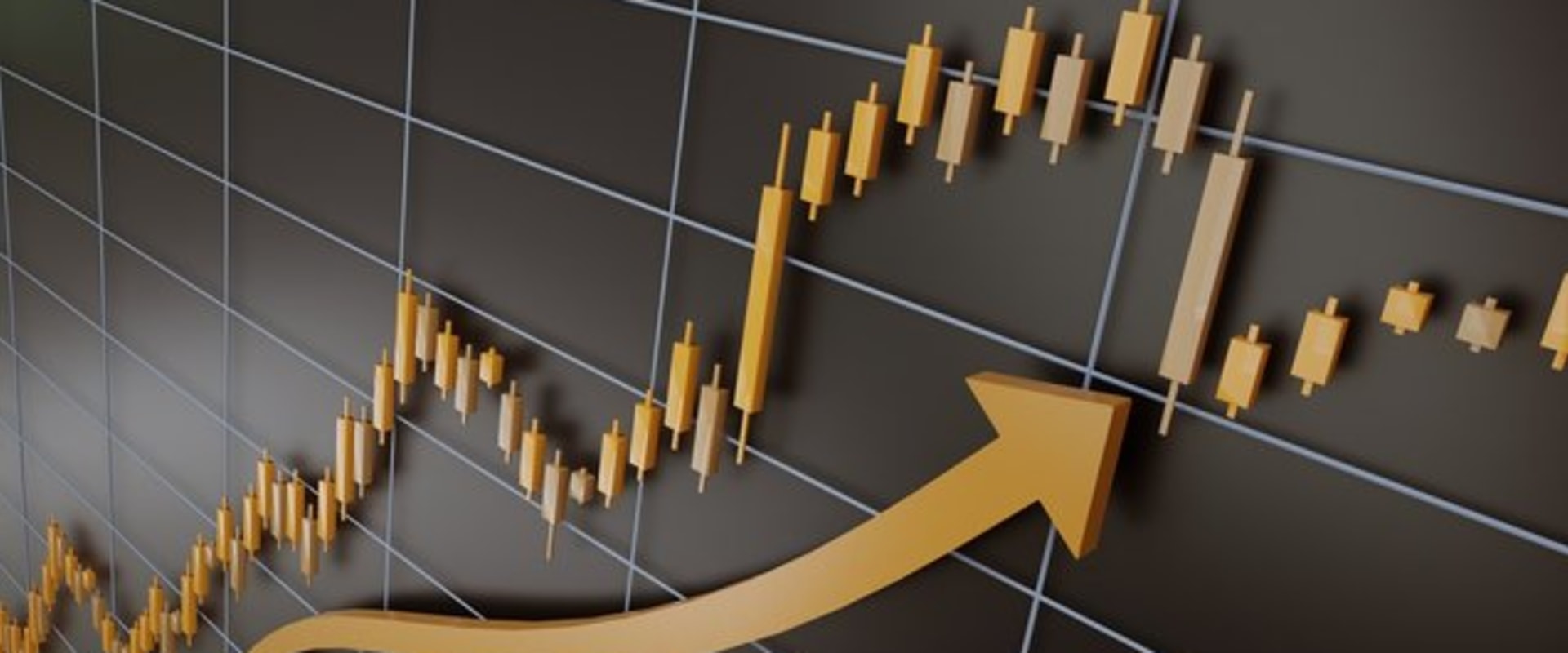
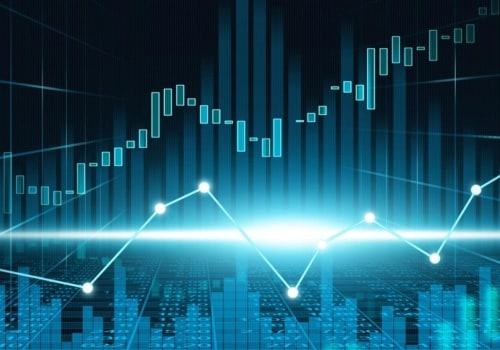
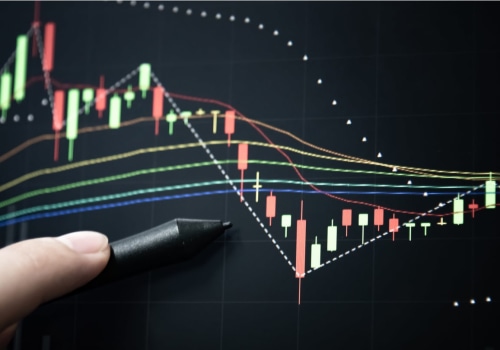
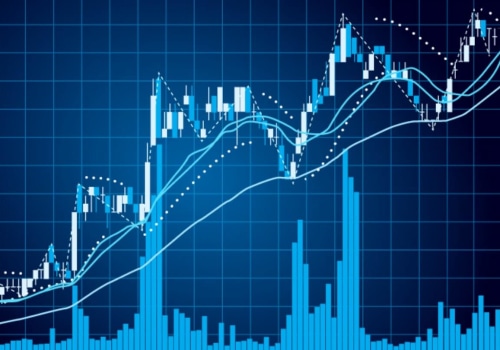
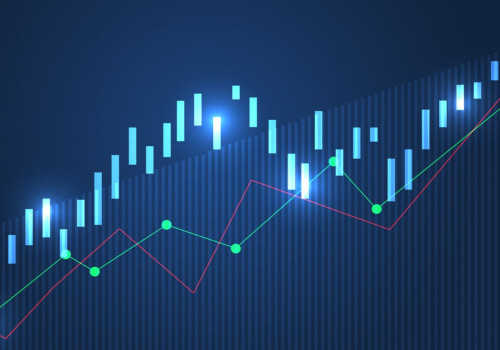
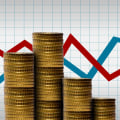
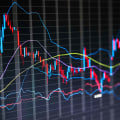
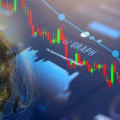
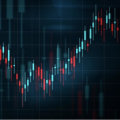
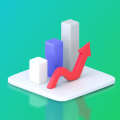

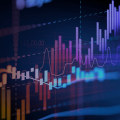
Leave Reply